Ever wondered how a harmless snack, a quirky toy, or even cultural delicacies might be banned in the United States? This article dives into 20 genuinely surprising bans far beyond common-sense prohibitions. Instead of just listing curiosities, we uncover how these bans came to be, what they restrict, their real-world implications, and the research or laws backing them. From cancer-linked dyes to endangered species protection, from food safety concerns to overfishing and choking hazards, each section will walk you through what’s banned, why, what it affects, and the legal or scientific foundation anchoring the prohibition. No fluff, no vague generalities each item is packed with context and usefulness: whether you’re planning travel, cooking, teaching, or just love quirky legal trivia, this is your go-to guide for the most unexpected bans across the U.S.
1. Red Dye No. 3 (Food and Drugs)
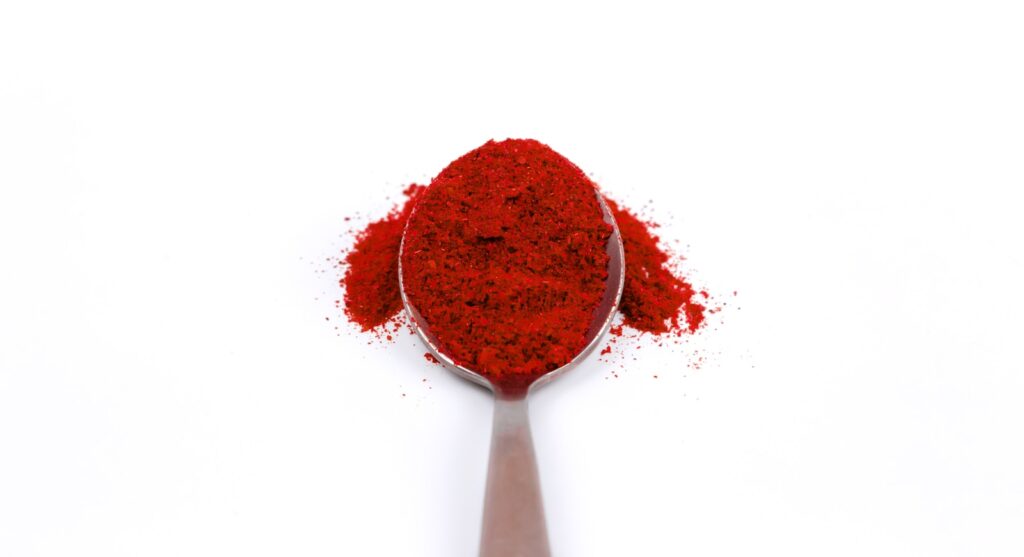
The Food and Drug Administration has banned Red Dye No. 3 because studies show it can cause cancer in male lab rats. Under the Delaney Clause, any additive linked to carcinogens must be prohibited. Food producers have until January 15, 2027, and drug makers until January 18, 2028, to reformulate products. This dye has been used in candies, baked goods, frostings, and even oral medications. The ban ensures manufacturers switch to safer colorants, directly improving consumer health and minimizing long-term risks associated with artificial food dyes.
2. Kinder Surprise Eggs

A federal law from 1938 prohibits embedding non-edible objects inside food. This means authentic Kinder Surprise eggs, chocolate shells with a toy hidden inside are not allowed in the U.S. The concern is that small children may choke on the toy. In other countries, these treats are beloved and widely sold, but U.S. customs routinely seizes them at the border. Kinder Joy, a modified version with the toy in a separate compartment, is allowed and is commonly available in American stores.
3. Beluga Caviar

Beluga sturgeon, the source of beluga caviar, has been overfished to the point of endangerment. To protect the species, the U.S. Fish and Wildlife Service has banned the import of wild beluga caviar. This makes it one of the rarest and most restricted delicacies in the country. The ban is rooted in conservation efforts to protect fragile ecosystems and prevent extinction. Consumers seeking luxury alternatives must turn to farm-raised or other types of sturgeon caviar available on the market.
4. Fresh Ackee Fruit
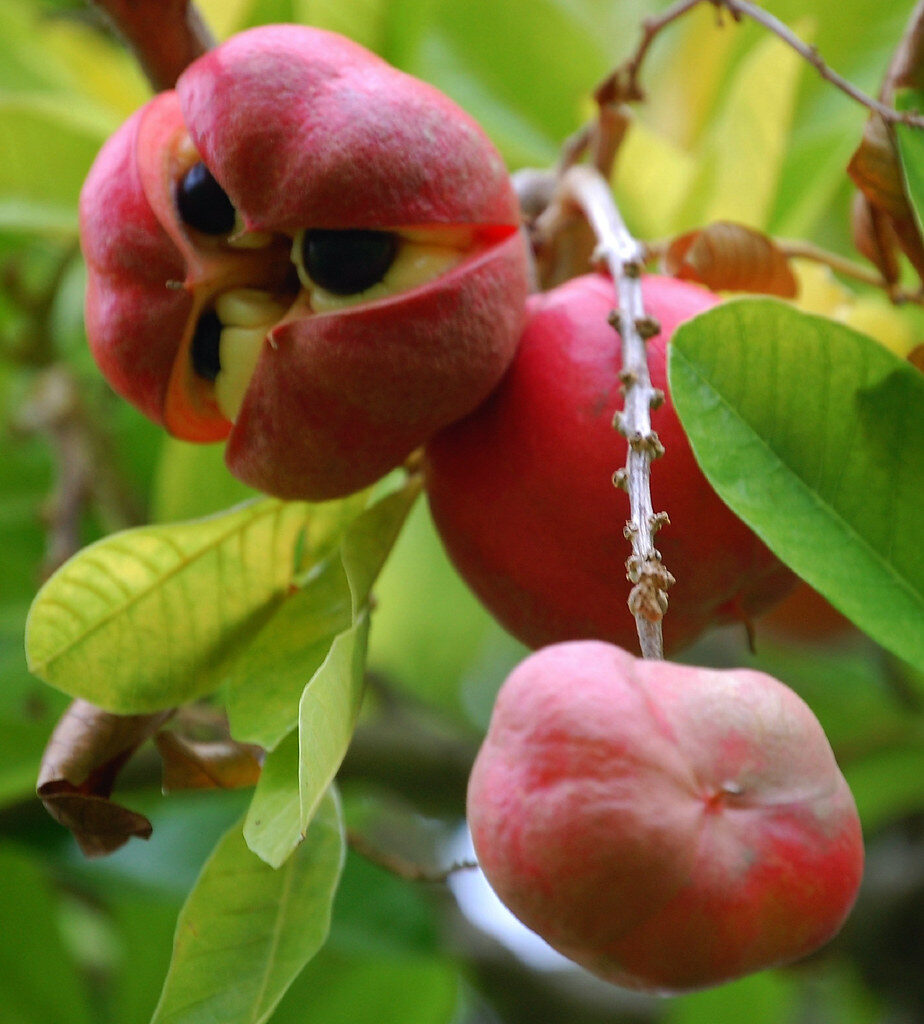
Ackee, Jamaica’s national fruit, can be highly toxic if harvested before it fully ripens. The fruit contains hypoglycin, a toxin that can lead to hypoglycemia, vomiting, and even death. Because of this, the FDA restricts the importation of fresh ackee into the U.S. Only canned or properly processed ackee from verified growers is permitted. This restriction allows people to enjoy the cultural delicacy safely while ensuring no accidental poisonings occur due to improper harvesting or preparation.
5. Fugu (Japanese Pufferfish)
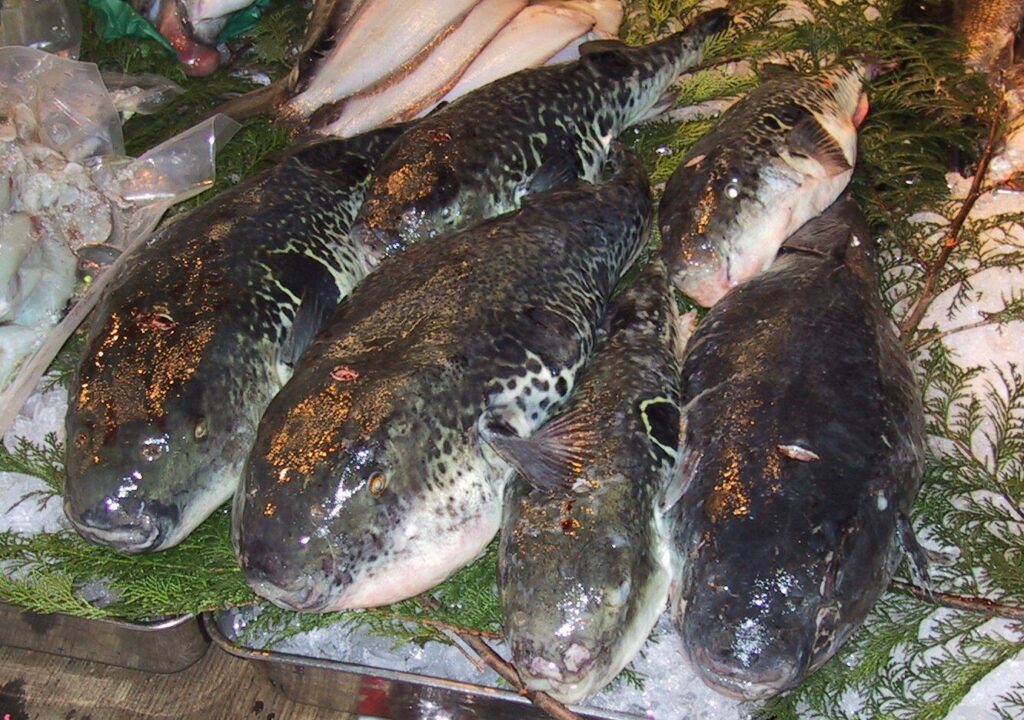
Fugu, the Japanese pufferfish, contains tetrodotoxin, a powerful neurotoxin that can cause death in very small doses. Because of this, the U.S. allows only one licensed company to import fugu, and it must be prepared by specially trained and certified chefs. This makes it extremely rare and very expensive in the U.S. The restriction is meant to protect consumers from accidental poisoning, since preparation errors could prove fatal. For adventurous diners, enjoying fugu in Japan under strict controls remains the safest option.
6. Haggis (Traditional Scottish)

Traditional Scottish haggis includes sheep lungs as a main ingredient. U.S. regulations, however, prohibit the inclusion of lungs in any food product. This means that authentic haggis cannot be imported or sold in the U.S. While some companies have tried to create lung-free alternatives, purists argue that the dish is not the same without it. The ban is based on concerns about food safety, but it has become a sore point for Scots who wish to share their traditional dish abroad.
7. Shark Fins

The Shark Fin Sales Elimination Act, signed into law in 2023, bans the possession, sale, or trade of shark fins in the U.S., except for limited exemptions such as dogfish. Shark finning is widely condemned because it involves removing fins and discarding the rest of the shark back into the ocean. The practice contributes to declining shark populations and disrupts marine ecosystems. By prohibiting shark fin sales, the law supports both ethical treatment of animals and the preservation of biodiversity.
8. Casu Marzu
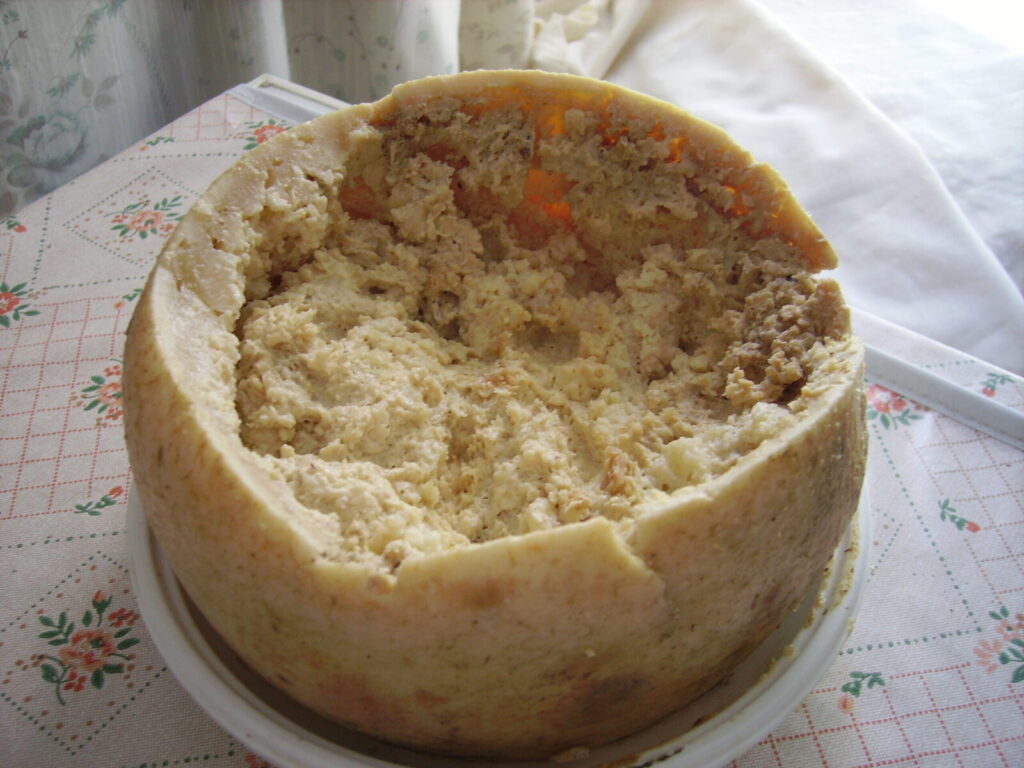
Casu Marzu is a Sardinian cheese known for containing live insect larvae. While considered a cultural delicacy in some regions, it is banned in the U.S. due to serious food safety concerns. The larvae, which ferment the cheese, can survive in the human digestive tract and cause illness. Hygiene standards in the U.S. prohibit foods that contain live organisms, making Casu Marzu illegal. This ban protects consumers from potential health hazards while maintaining strict safety standards for dairy products.
9. Silver Dragees

Silver dragees are tiny, shiny, metallic balls often used to decorate cakes and cookies. However, the FDA has deemed them inedible because silver is not approved as a food additive. In California, they must even be labeled “for decorative purposes only.” While some bakers use them purely as garnish, they are not intended for consumption. The ban highlights how food decoration can sometimes cross into unsafe territory, reminding consumers to be cautious about what they actually eat versus what is simply ornamental.
10. Unpasteurized French Cheeses
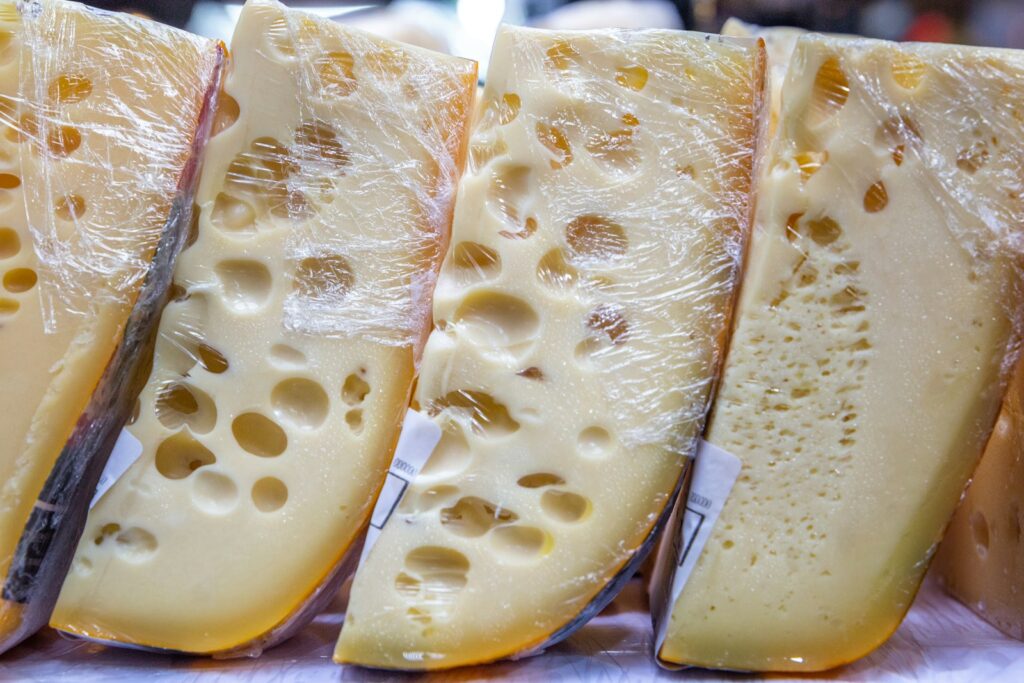
Authentic versions of cheeses such as Époisses, Brie de Meaux, Mont d’Or, and Camembert de Normandie are traditionally made with raw milk aged less than 60 days. U.S. law prohibits unpasteurized dairy products under this threshold due to the risk of pathogens like E. coli and Listeria. As a result, American consumers can only buy pasteurized or aged versions of these cheeses. While this ensures safety, it also limits access to the original flavors cherished in French culinary culture.
11. Foie Gras in California

Foie gras, made by force-feeding ducks or geese to enlarge their livers, has been controversial for years. In California, the sale of foie gras was banned starting in 2012 due to animal cruelty concerns. Although the ban faced legal challenges and was briefly overturned, it was reinstated and remains in effect. Restaurants and retailers in the state cannot sell foie gras, though individuals may import it for personal use. The ban reflects growing concern for animal welfare in food production.
12. Ortolan Bird

The Ortolan, a small European songbird, has been consumed as a delicacy in France. Traditionally, the birds are force-fed and eaten whole, often with diners covering their heads with napkins. In the U.S., the importation and consumption of Ortolan is banned under the Endangered Species Act. The restriction helps protect the species from overhunting and extinction. This case shows how U.S. law balances cultural culinary practices with ethical and ecological responsibilities.
13. Redfish
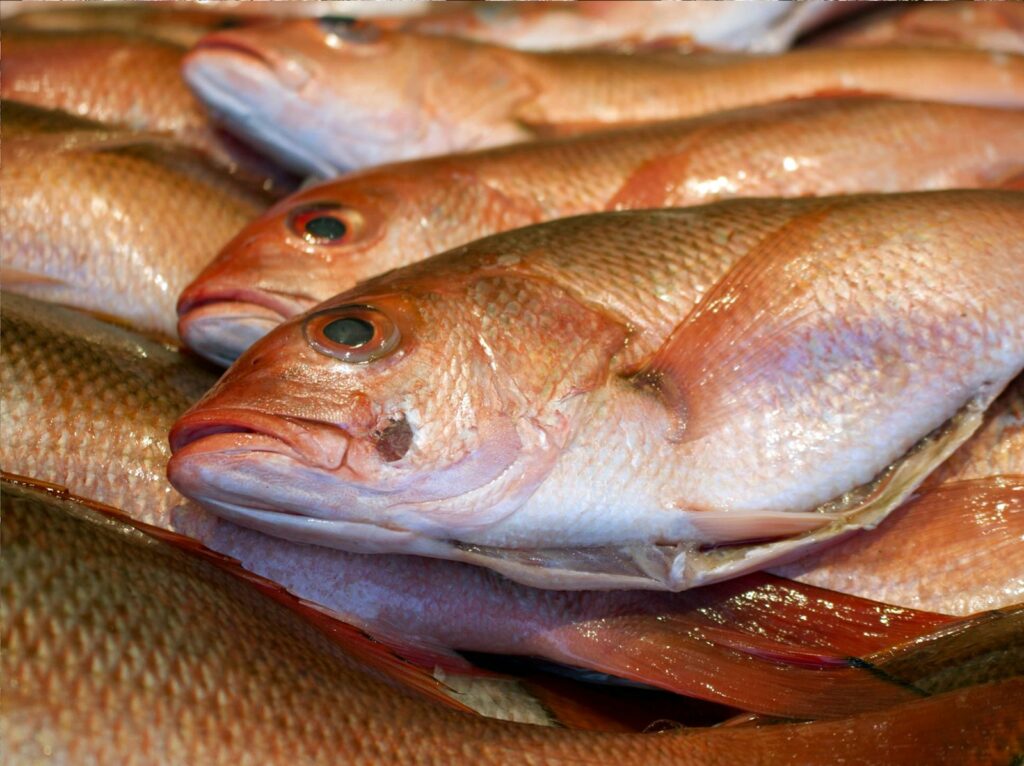
Also known as red drum, redfish was overfished heavily in the 1980s. To restore populations, federal and state authorities banned commercial harvesting. Today, redfish is protected, and regulations on recreational fishing remain strict. These efforts aim to ensure long-term sustainability and prevent collapse of the species. The ban is an example of conservation-driven lawmaking, where short-term restrictions are used to create healthier ecosystems and allow fish populations to recover for future generations.
14. Bird’s Nest Soup
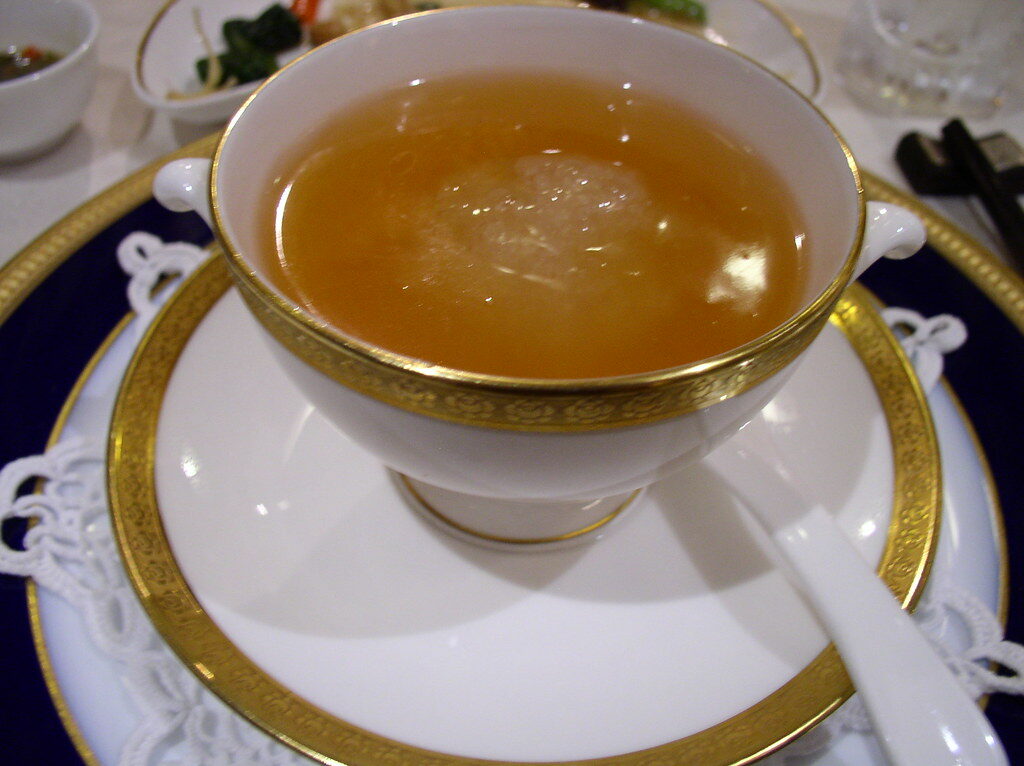
Bird’s Nest Soup, a delicacy made from the saliva nests of swiftlets, is banned in the U.S. due to potential health risks. The nests can harbor pathogens, including avian influenza viruses. The import restriction is designed to prevent the spread of diseases while protecting consumers from unknown biological hazards. While Bird’s Nest Soup is considered nutritious and luxurious in some Asian cultures, the U.S. prioritizes public safety by blocking potentially contaminated imports.
15. Tonka Beans
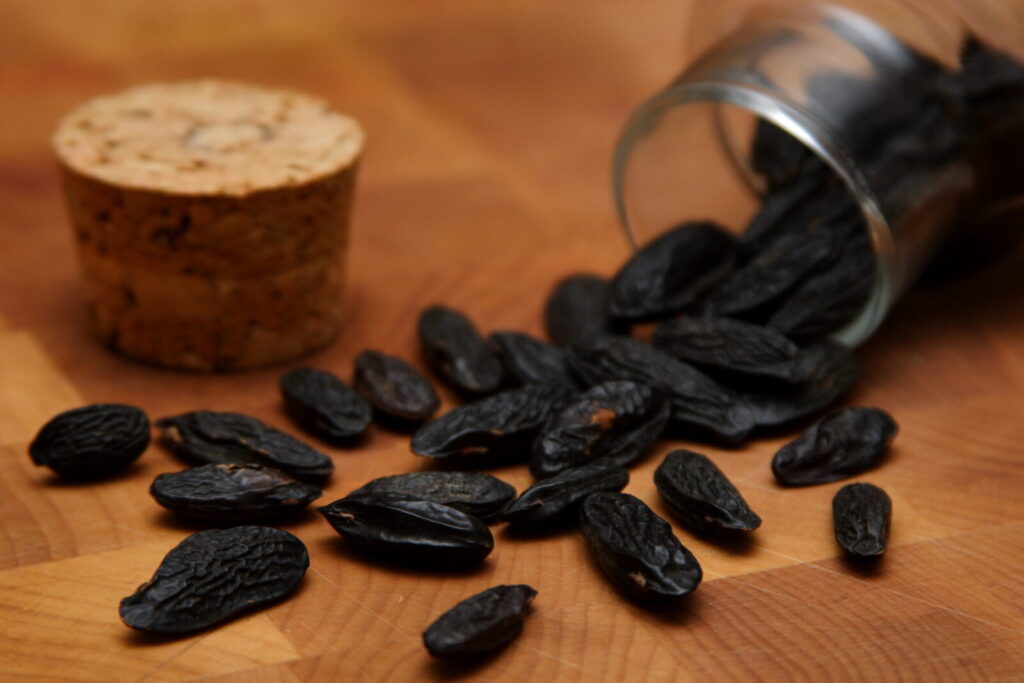
Tonka beans are used in some countries for desserts and flavorings, but in the U.S. they are banned as food additives. The beans contain coumarin, a compound that can damage the liver and affect blood clotting. Even small amounts have been deemed unsafe by the FDA. This ban ensures consumer protection, pushing food producers toward safer alternatives such as vanilla or cinnamon. It also demonstrates how the U.S. applies strict toxicity standards even to naturally occurring ingredients.
16. Horse Meat
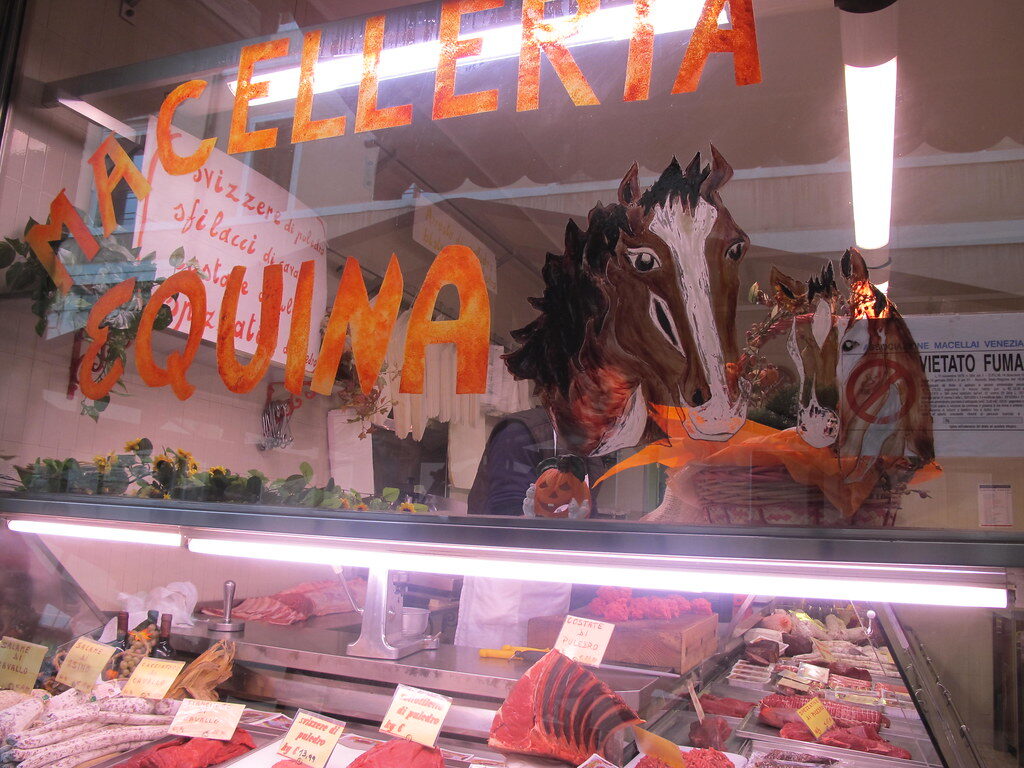
Although horse meat is not explicitly illegal in the U.S., federal law prevents the use of government funds for inspecting it. Since meat cannot be sold without inspection, this effectively bans horse meat from entering the commercial market. While horse meat is consumed in many parts of the world, cultural attitudes in the U.S. and animal welfare concerns reinforce the restriction. The law highlights how inspection requirements can indirectly determine what foods are available to consumers.
17. Silly String in Certain Cities

Silly String, the aerosol party spray, may seem harmless, but it is banned in several U.S. cities, including Hollywood on Halloween. The restriction is due to the mess it causes, cleanup costs, and potential environmental impact. In crowded public celebrations, Silly String can also create safety hazards. Violating bans in some areas can lead to hefty fines. This example shows how even lighthearted products can be restricted when public order and urban cleanliness are at stake.
18. Corporal Punishment in Schools

Corporal punishment in public schools is increasingly banned across the U.S. In 2023, Idaho and Kentucky passed statewide bans, joining many other states that outlaw the practice. While still legal in some southern states, it is rapidly disappearing. The bans are supported by research showing that corporal punishment does not improve behavior and can cause psychological harm. These laws represent a shift toward alternative, nonviolent methods of student discipline.
19. School Book Bans

Across the U.S., thousands of books have been banned in schools and libraries in recent years. Titles dealing with LGBTQ+ themes, racial justice, or sensitive history topics are often targeted. In the 2023–2024 school year alone, more than 10,000 bans were recorded. These actions are driven by political and cultural debates over what material is appropriate for students. The bans have sparked nationwide discussions about freedom of expression, censorship, and the role of education in a democratic society.
20. Banned Films

Certain films have been banned in the U.S. for reasons ranging from obscenity to privacy violations. For example, “Titicut Follies,” a documentary about mental institutions, was banned for decades to protect patient privacy. Some cartoons, like “Injun Trouble,” remain unavailable due to racist content. These bans show how films are not only entertainment but also subject to legal, ethical, and cultural review. Restrictions highlight the balance between artistic freedom and societal values.
Comments